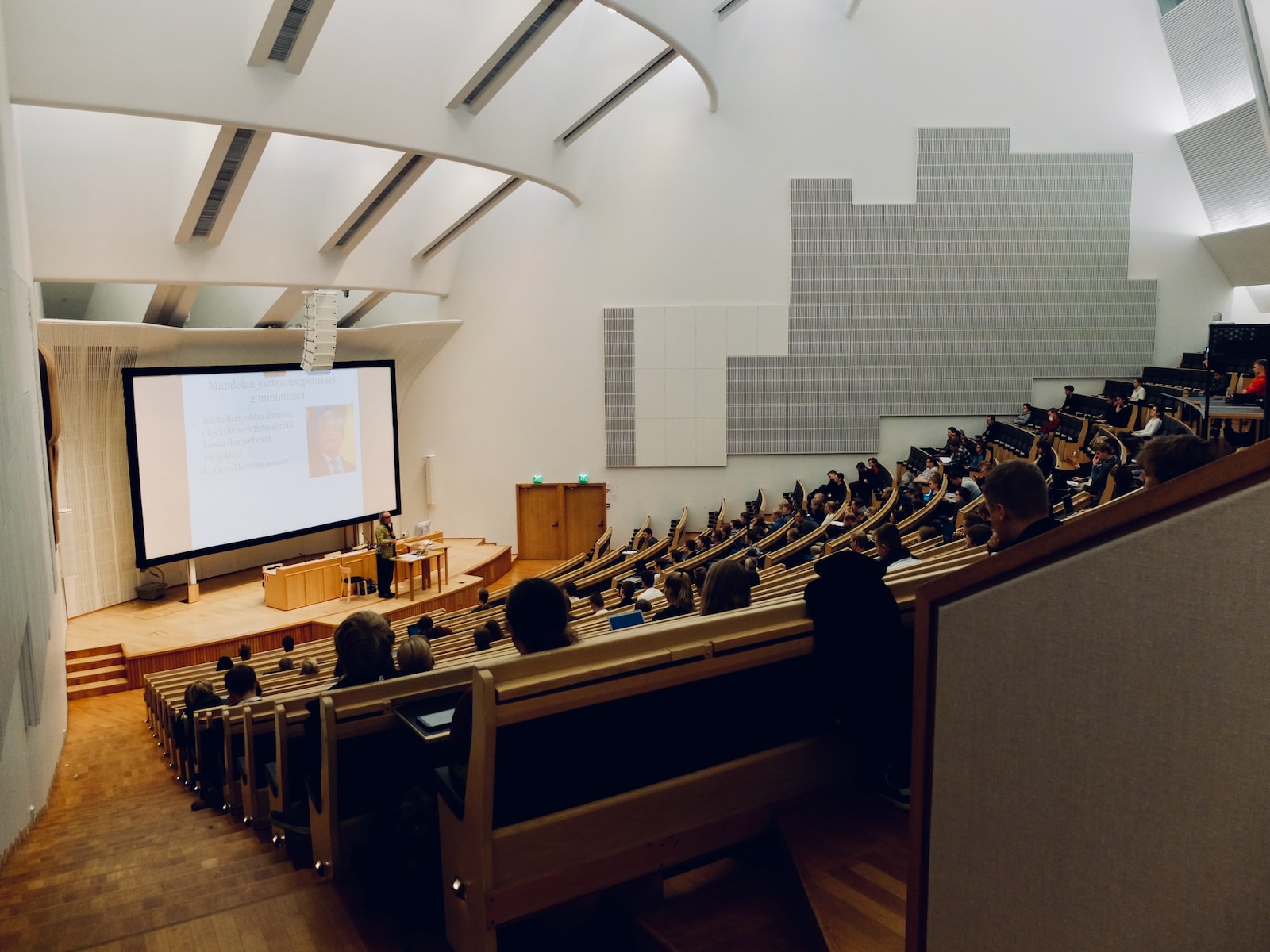Comment: universities to become racially inclusive to attract aspiring social workers
Paulette Johnson, Social Work Academic and The Open University’s (OU) Academic Lead for Access Participation and Success, shares how the institution is tackling inclusivity within the social care sector from the inside out.

As a former practising social worker, now academic helping to shape the lives of social-work students, I’ve spent 20 years gaining an in-depth knowledge of the student-study journey. My current research is looking at anti-racist pedagogy, anti-racist curriculum, anti-racist practice and to explore how this is applied within a distance-learning institution.
Social work is crucial to society, thus, as well as it being my main focus, it should be the sector’s focus to make it as inclusive as possible.
Positively, the field of social work continues to embrace anti-racist practice but academic institutions could do so much more to ensure students are well prepared for today’s workforce – I am particularly interested in how well we equip them to work with and respond to the needs of a diverse society.
Social workers are often on the frontline dealing with some of the most deprived areas. According to research from the UK government, which was published in 2020, people from all ethnic minority groups except, Indian, Chinese, White Irish and White Other groups were more likely than white British people to live in the most overall deprived 10% of neighbourhoods in England.
Against this backdrop, academics from the OU frequently speak with students who have enrolled onto the social worker course about their experiences of originating from a deprived background and add this onto the curriculum to ensure no aspiring social worker feels isolated or unworthy.
The OU have introduced various measures to ensure all students feel at-ease, including:
Inclusive curriculum tool
Who better to tell us how to shape the curriculum than those who use it. The OU developed an inclusive Curriculum Tool to be used in reviewing new and existing curriculum content and the latest version was launched in January 2022.
Admission process research
We’ve undertaken research into our admissions process to better understand the experiences of our Black, Asian and minority ethnic students embarking on a social work degree at the OU. It has resulted in a better understanding of the experiences of those students embarking on this qualification with us.
Peer-mentoring
Whilst beginning peer-mentoring programmes for students across the faculty, we have gathered evidence of its ability to provide additional support to our student group and an opportunity for existing students to develop their skills.
Digital inclusion
This is an issue that has the potential to affect many students who wish to access a distance-learning environment such as the OU. Given the current cost-of-living crisis that has damaged the lives of many across the UK, we feel it is imperative to understand how digital exclusion affects our current and potential students.
Tapping into existing expertise
Vast amounts of resources are required for making the curriculum inclusive and anti-racist. In reviewing the practices, we are drawing on the experience of our colleagues and students who both have expertise in dealing with racist educational environments and come from rich, expert-lived backgrounds, in an attempt to source methods about how to upskill the whole teaching community and our student group.
A way in which the OU are attempting to increase awareness of how to make educational environments for inclusive is through its launch of the Union Black free course – developed in partnership with Santander Universities, the six-week course helps educate staff and students on ways they can make the environment more racially inclusive.
There is always room for improvement, and it is worth institutions looking in the mirror and assessing where they can be more intentional in their efforts to make a positive change.
Being the largest academic institution in the UK and a world leader in flexible distance learning, the OU offers a range of different programmes and routes on ways of getting into social care depending on the nation you come from. The degree apprenticeship is in England only and available for undergraduates, however there is also a non-apprenticeship postgraduate route too.
In addition to being so flexible, the OU ensures studies are able to cater to people of all ages, making sure learning fits around any current job roles people may have and family commitments – by being so flexible it widens the talent pool for potential graduates and opens up reskilling and upskilling opportunities.
Image: Dom Fou and Paulette Johnson
















